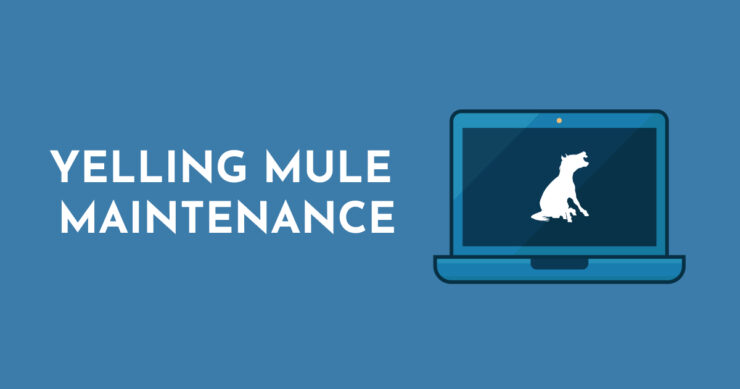The Importance of Website Maintenance
November 21, 2024
Web Design
Search Engine Optimization
Cybersecurity

Maintaining a website is crucial for ensuring it remains functional, secure, and effective in achieving its goals. Whether you run a personal blog, an e-commerce site, or a corporate website, regular maintenance is essential for several reasons:
1. Security
Websites are constantly at risk of cyberattacks, with hackers looking for vulnerabilities to exploit. Regular maintenance involves updating software, plugins, and scripts to their latest versions, which often include security patches. This helps protect your website from malware, data breaches, and other security threats.
2. Performance Optimization
A well-maintained website runs smoothly and quickly, providing a better user experience. Regular maintenance includes optimizing images, cleaning up databases, and minimizing code to improve loading times. Faster websites are more likely to retain visitors and rank higher in search engine results.
3. Search Engine Optimization (SEO)
Keeping your website updated is vital for maintaining or improving your search engine rankings. Search engines favor websites that are regularly updated with fresh content and optimized for performance. Regular maintenance helps you address any SEO issues, such as broken links or duplicate content, that could negatively impact your rankings.
4. User Experience
A positive user experience is key to keeping visitors engaged and encouraging them to return. Routine maintenance ensures that all website features function properly, navigation is intuitive, and content is relevant and up-to-date. This attention to detail helps build trust and credibility with your audience.
5. Content Updates
Regularly updating your website with new content keeps it relevant and engaging. Whether it’s blog posts, product updates, or company news, fresh content encourages repeat visits and can help establish your site as an authority in your field.
6. Compliance and Compatibility
Web standards and regulations are constantly evolving. Regular maintenance ensures that your website remains compliant with legal requirements, such as GDPR, and is compatible with the latest web browsers and devices. This is crucial for reaching a broad audience and avoiding legal issues.
7. Backup and Recovery
Regular website maintenance includes setting up and managing backups. In the event of data loss or a cyberattack, having recent backups ensures that you can quickly restore your site to its previous state, minimizing downtime and data loss.
In conclusion, keeping up with website maintenance is essential for security, performance, SEO, user experience, content relevance, compliance, and recovery. By dedicating time and resources to regular maintenance, you can ensure your website remains a valuable asset to your business or personal brand. To learn more about Yelling Mule’s maintenance services, visit our website.

